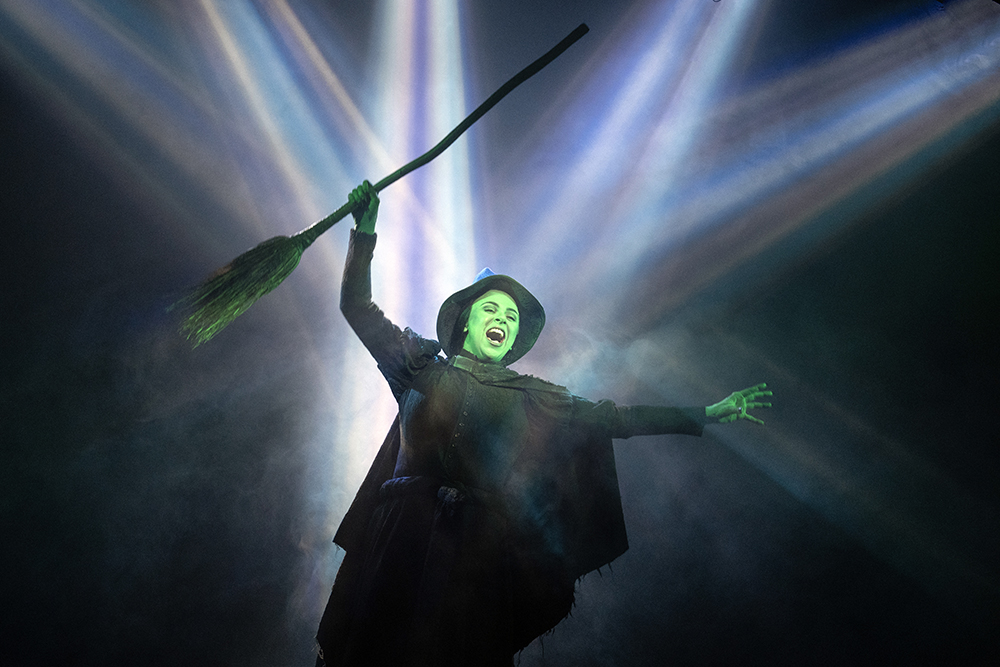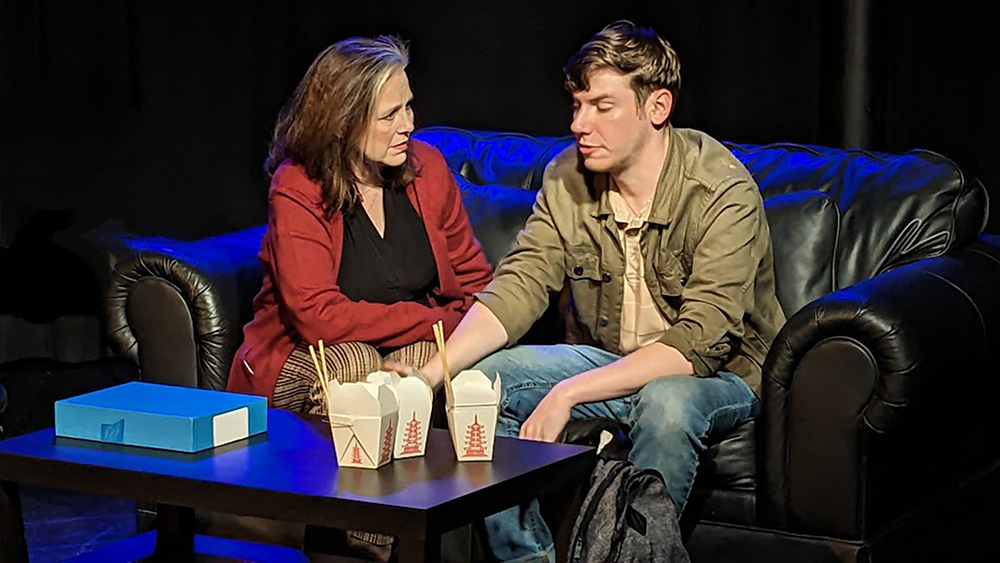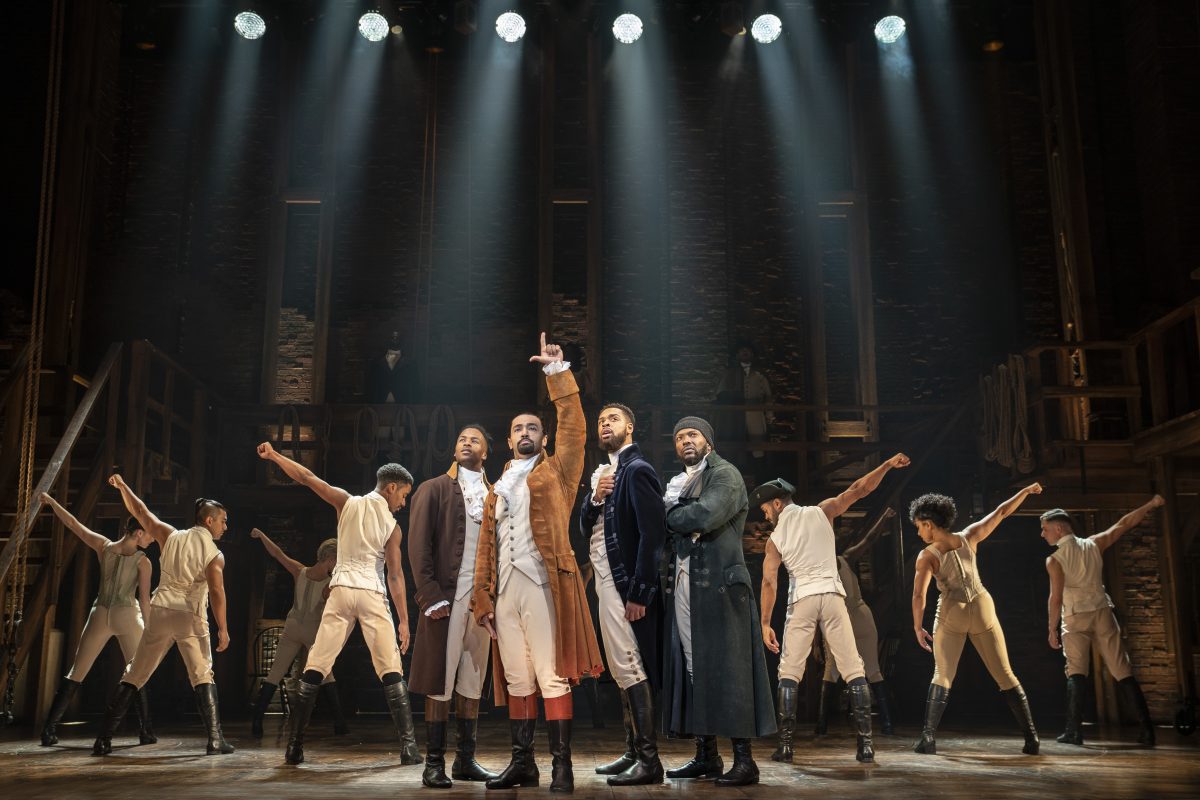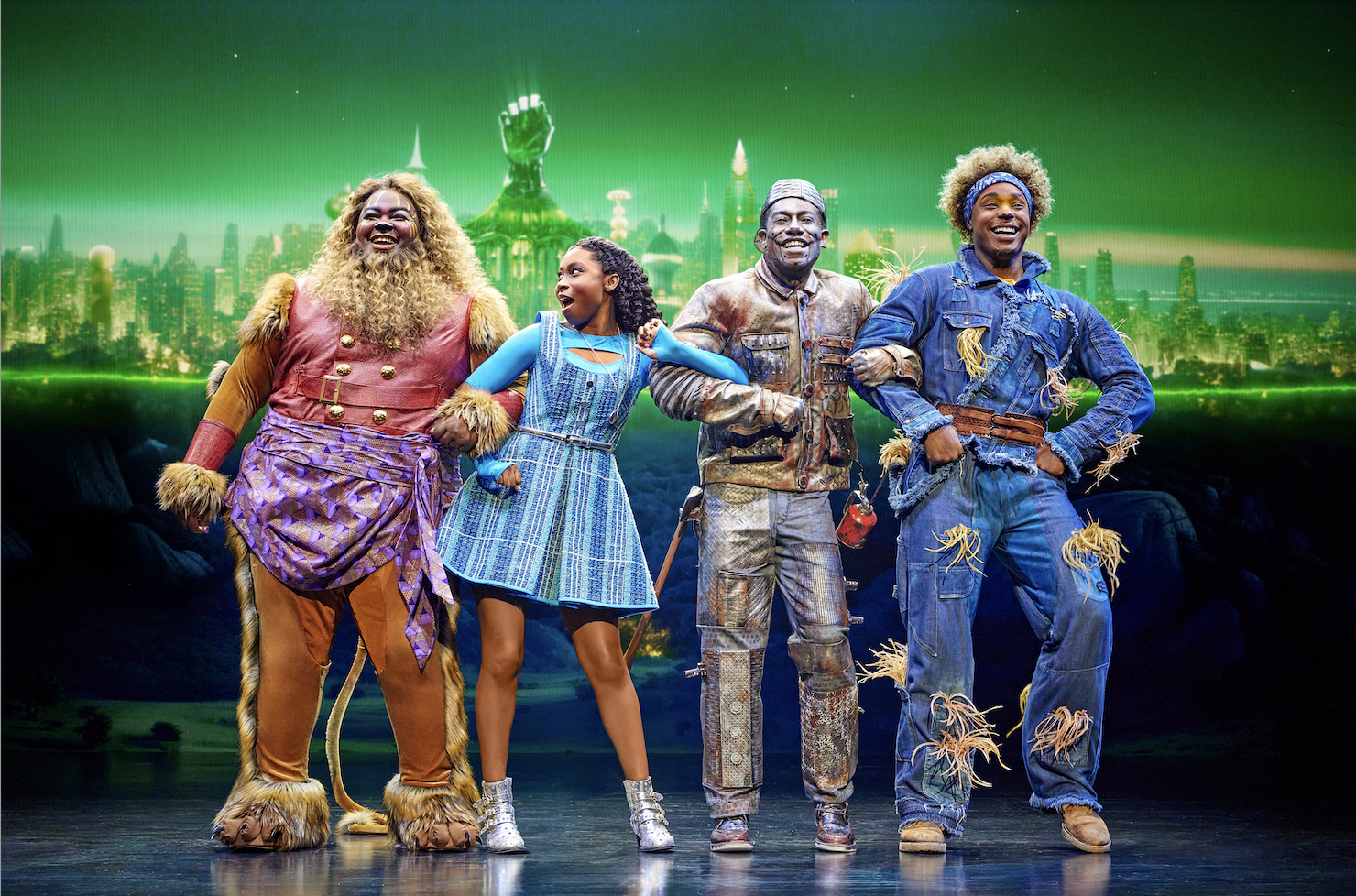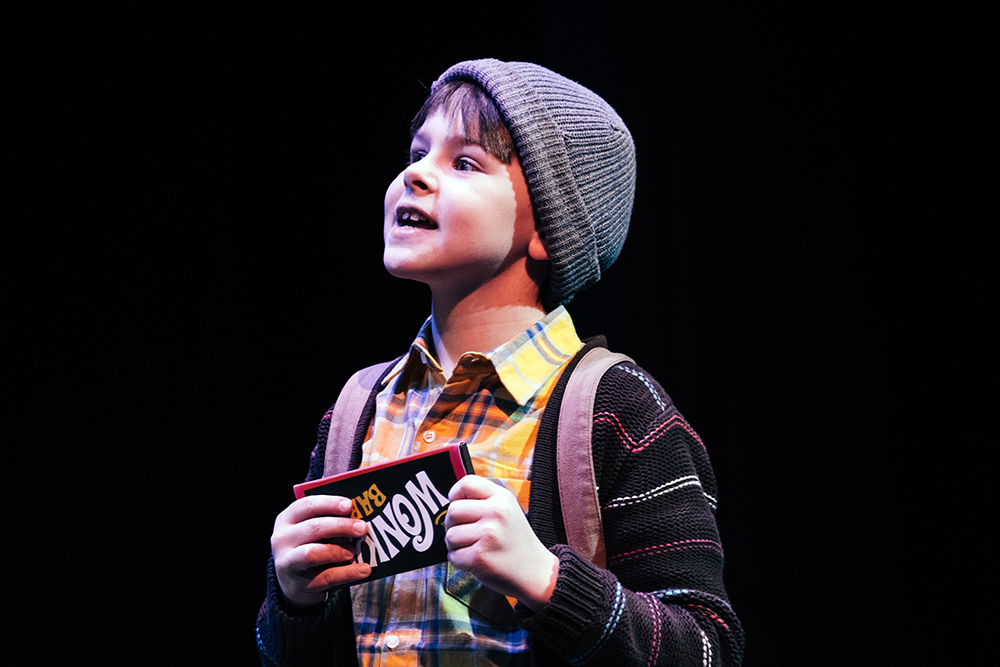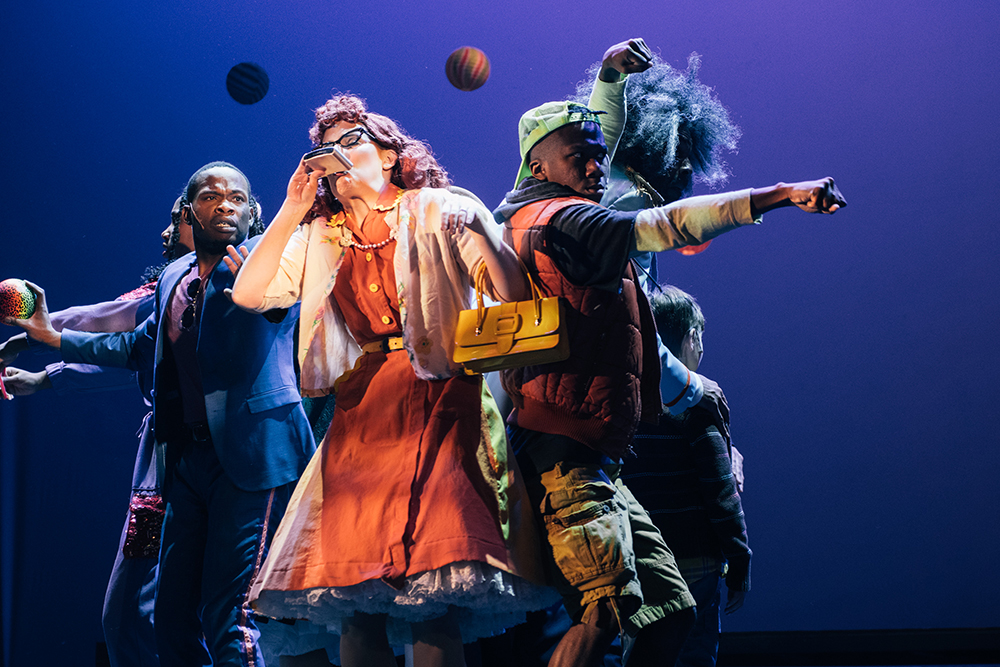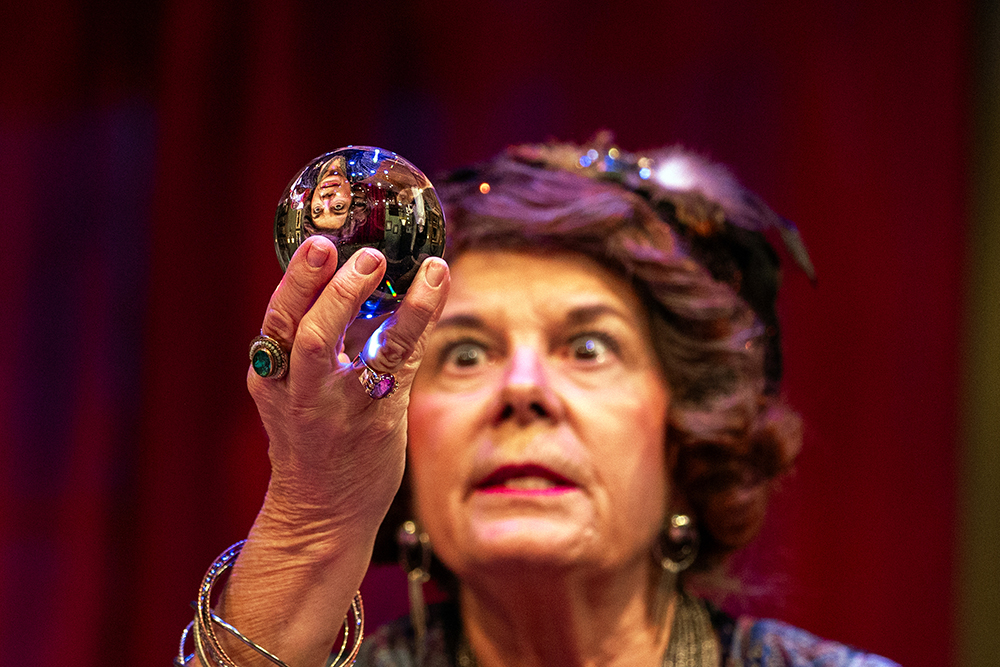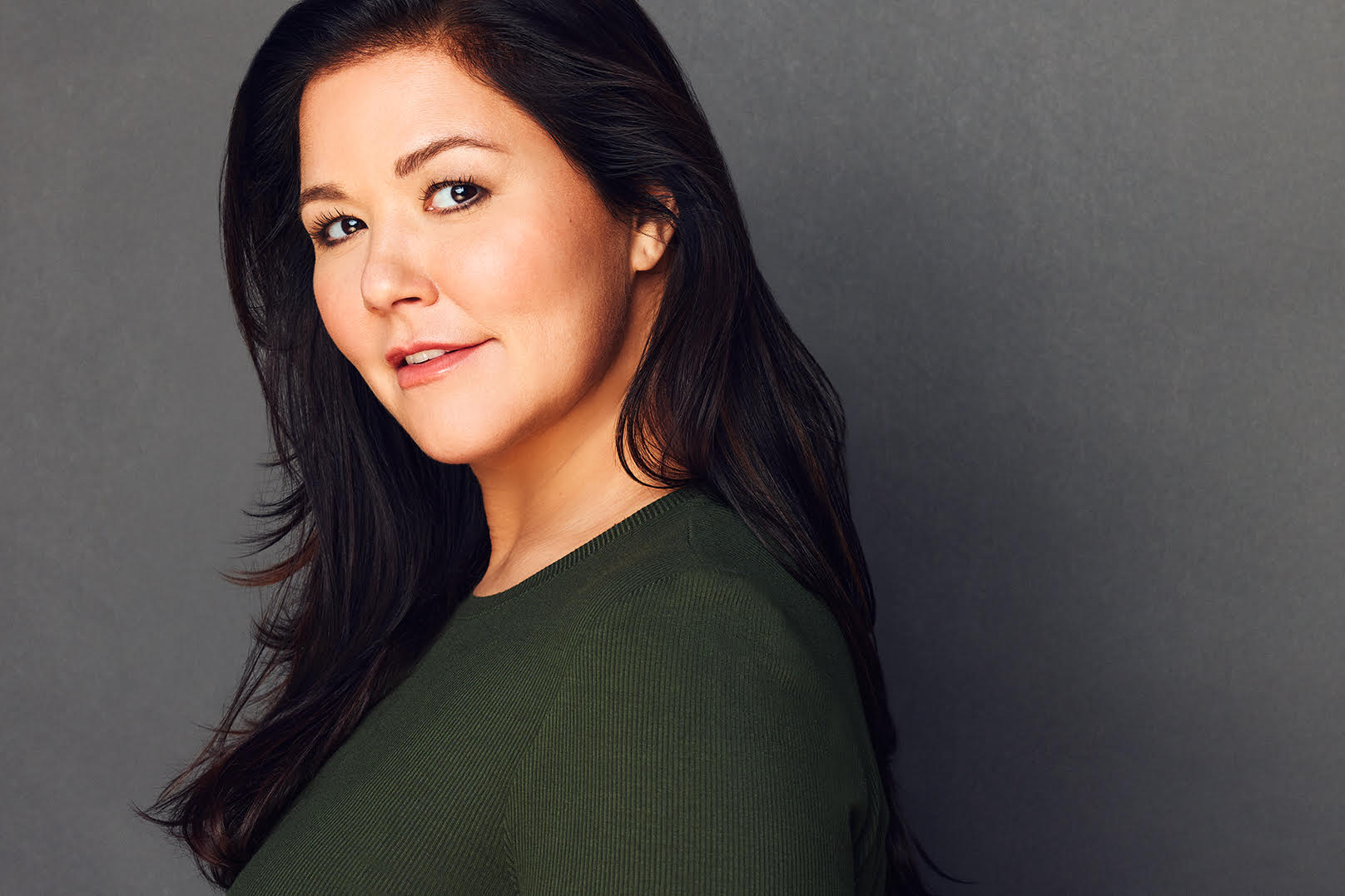It’s difficult to imagine a more Memphis-centric theater outing than the opening night of The Circuit Playhouse’s production of The Hot Wing King — written by Memphis native Katori Hall, performed by a cast of six Memphis residents, set in Memphis, and attended by none other than the mayor of Memphis.
If the audience’s response is anything to go by, this show’s success could be described not by a traditional two thumbs-up, but rather by a rapid-fire volley of finger snaps. The Hot Wing King serves up not only an often-hilarious look at the bonds and squabbles of a found family, but also a refreshing, unapologetic depiction of gay Black men comfortably presenting a full range of everything non-toxic masculinity can be.
This play has a bit of a sitcom-like feel to it, right down to Andrew Mannion’s scene design of a slightly upscale lived-in Memphis house. The play opens in the kitchen and we stay there for almost the entirety of the show, but you’ll find no complaints here as the set dressing was beautifully homey.
The Hot Wing King follows Cordell, a St. Louis native who recently relocated to Memphis to move in with his boyfriend, Dwayne. Their cohabitation seems like it’s off to a rocky start despite their obvious affection and deep feeling for one another. Cordell, who is currently looking for a job, seems to be rubbed the wrong way by the idea of being supported by another person. Thus, he pours himself obsessively into his hobby, trying to win the annual Memphis “Hot Wang Festival.” Much of the play’s two-and-a-half-hour runtime is taken up with the intricacies of the cooking, prepping, marinating, etc. of the wings by the couple and their two close friends, but the real meat in this production lies in the struggle of the characters’ internal battles of guilt and accountability, and of the external conflicts that subsequently stem from within.
One such major conflict arises when Dwayne’s nephew EJ and EJ’s father TJ make unexpected appearances in the middle of the festival prep. Sixteen-year-old EJ is in need of a place to stay, and as his mother, Dwayne’s sister, died after being restrained by police (police that Dwayne had called for a welfare check) almost exactly two years ago, it’s understandable why Dwayne wants to take EJ in. At least, it’s understandable to the audience. Cordell, on the other hand, is still struggling with his discordant relationship with his own adult children, who don’t know that he divorced their mother in order to pursue a relationship with Dwayne.
The situation is messy, yet it has an air of familiarity to it that most audience members will probably be able to relate to. Anyone who has been through great loss will understand that though everyday events and emotions are a necessity for navigating daily life, the pain is never too far away. While the dialogue occasionally drifts into somewhat unrealistically poetic expressions of this sort of grief and pain, the cast carries it off well. The jump between comedic hijinks and somber self-reflection doesn’t feel quite as stark as it could, when the actors are performing with such open honesty.
What makes this play truly special and important is the matter-of-fact presentation of queer Black men who are completely at ease with their sexuality. As a straight white woman, I can only imagine what it would mean to see that kind of representation onstage to a person struggling with their own sexual identity. What I especially appreciated was Katori Hall’s method of revealing the characters’ struggles after we had been introduced to their confidence. Again, I have only imagination and empathy to go off of here, but I think seeing these characters being their full authentic selves would be inspiring to young queer people; to see that they, too, overcame struggles to get to that point could only be incredibly validating.
When it comes to serving up quality theater, The Hot Wing King has everything to offer: heart, saucy exchanges, slapstick comedy, and even redemption.
The Hot Wing King runs at The Circuit Playhouse through June 2nd.



